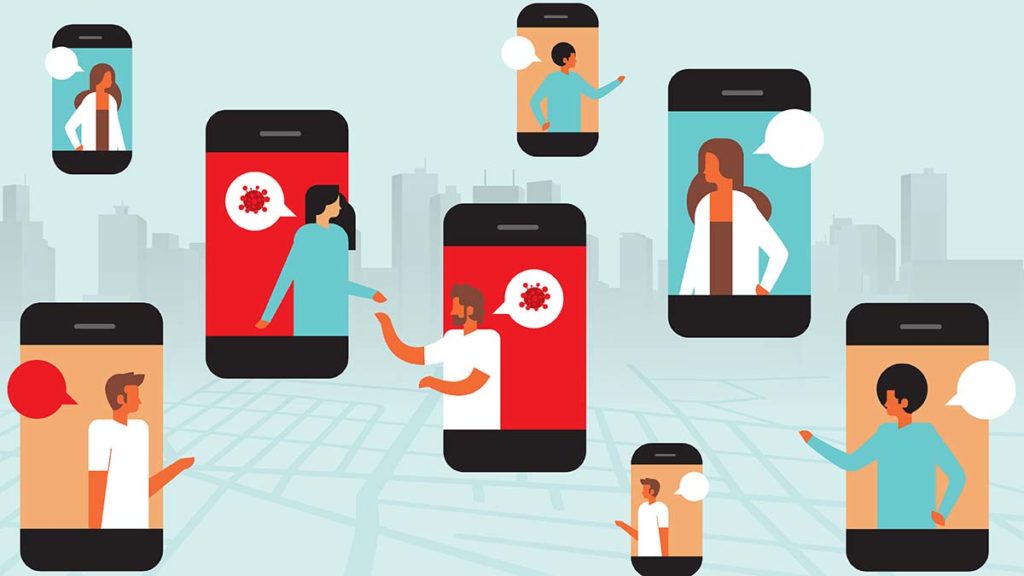
Contact tracing via smartphone is an innovative and powerful way to mitigate the spread of COVID-19 however, it should not be done at the cost of individual human rights.
This dilemma seems to be in the middle of all attempts to use mobile technology for epidemiological good around the world. Fortunately, there is a growing consensus that a decentralised approach, which does not involve tracking the location and whereabouts of citizens, is the best way of balancing such interests.
Leadership on this issue has been demonstrated by two companies that own the platforms on which nearly all our phones run: Google and Apple. A few weeks ago, the two companies got together and announced a partnership in this regard, to make it available to governments around the world. However, not all governments liked the idea. France demanded that Apple loosen its privacy rules to enable them to develop a more intense surveillance application.
It is more than likely that France expected its senior EU partner, Germany, to back it up, but the Germans have always had a much calmer and pragmatic approach. The German government declared it was abandoning a plan unveiled by a group of European technology experts at the start of the month, in favour of a more decentralised approach, effectively endorsing the Google/Apple method.
Recently, released EU guidelines on this sort of thing could mean that the German decision is contradictory, but it certainly seems to offer less state access and control over user data than the continental bureaucracy would have liked. In contrast, it seems to opt into the concept put forward by the United Kingdom’s own Oxford University, which maintains that you do not need to track ones location, in order to do effective contact tracing.
Of course, this might seem counter-productive, but only if you think the purpose of such technology is to control the movement of people that are suspected to be infectious. This is the kind of thing that authoritarian states would have no problem doing, as a means of getting people to stay in their homes. The more democratic way is to make a voluntary application that is available for download and that uses Bluetooth to track other phones that have come into contact with that one. Users of the application are then able to voluntarily declare their suspected infection, in order for those they have been in contact with, to be notified.
As an example, this seems to be the sort of thing that the Australian government has come up with in the form of an application which they called COVIDsafe. It only came into fruition On April 27 and already has over 1 million downloads, demonstrating that people do not need to be forced to take part in the collective effort against COVIDsafe. However, there have been many concerns about the fact that the source code for the application has not been made widely available, but apparently it will be in the near future and experts in general, do not seem worried.
There is an absence of widespread testing and technology to let people know when they have been in contact with others who identify and flag their own symptoms – which seems like one of the most productive ways to limit the spread of coronavirus in free and democratic countries. It is also motivational to see technology companies, governments and experts in various fields, arrive to one main consensus so quickly.